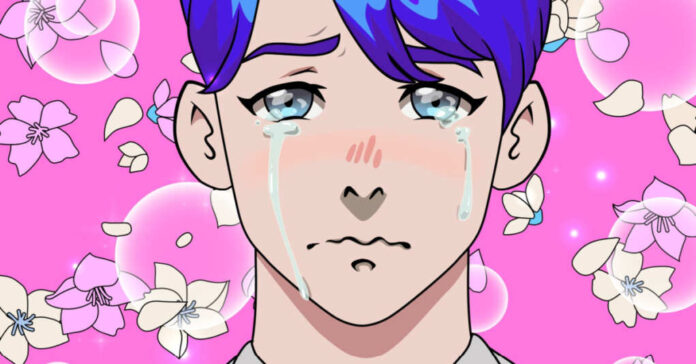
Progressives are aggressively urging young kids to embrace their gender confusion, but at what cost?
One victim bravely shares his heartbreaking story of transition and regret on Fox News Digital, and it should serve as a wake-up call for liberals.
Kobe (last name withheld) was a victim of being considered what society calls a “trans adolescent.” From a young age, he exhibited “effeminate traits,” including an affinity for pink and playing with Barbies. Reflecting on his past, Kobe believes that without exposure to gender ideology, he would likely have continued as a feminine boy, a choice he now views as valid and acceptable.
In hindsight, Kobe regards the medical interventions he underwent as a form of subconscious self-harm. During his early teenage years, he struggled with internalized homophobia and now realizes that he saw transitioning as a way to escape his own homosexuality. “’I was expecting it to help me help my mental health, and it didn’t do anything,” he recalls.
After viewing a YouTube video about switching genders, Kobe felt transitioning was an answer to his internal struggles. He explains, “I said, ‘Oh, you can do this.’ You know, I don’t have to be a gay guy. I don’t have to be an embarrassment. And all this horrible stuff that I thought about my homosexuality, and it was like a light bulb. It was like, ‘This is a way out.’”
At age 11, Kobe told his parents he was transgender. At the urging of an online community, he played what is called “the suicide card,” threatening to kill himself if his parents didn’t allow him to transition. He says he would never have seriously thought about suicide because he was a biological male if he had “never been exposed to that stuff.”
Kobe’s transition journey involved starting puberty blockers at the age of 13, followed by estrogen therapy at 16, and ultimately undergoing castration surgery at 19. He initially believed these treatments would improve his mental health but found them to be ineffective, leaving him feeling like a lifelong medical patient. In fact, his mental health worsened, and he developed an eating disorder because of the effect the hormones on his metabolism.
The use of puberty blockers left Kobe with permanent growth stunting and chronic spine pain, prompting concerns about potential osteoporosis due to the impact on bone mineral density. He emphasized that these blockers not only hindered physical development but also suppressed his overall motivation and happiness.
Kobe also experienced a loss of sexual function, diminished sensation, joint pain, and mental fog because of hormone treatments, particularly estrogen. Even after discontinuing estrogen therapy for several months, he still struggled with cognitive difficulties during conversations.
Kobe recalls, “It was constant brain fog. I was psychotic at some point. A lot of men that I know who went through this hormone replacement therapy, it’s the exact same thing for them. Estrogen just makes them snap.”
But his doctors claimed the hormonal therapy was a complete success, claiming falsely that he was happier and more emotionally stable. His doctors, Kobe remembers, “glamorized” the idea of permanent surgical transition. They talked him into getting an orchiectomy, a surgical procedure involving the removal of the testes. He considered this option a “middle ground” because, at the time, he believed that testosterone was harmful and detrimental to his body.
Kobe is now sterile and on testosterone for the rest of his life. He still experiences discomfort and random sharp pains in the surgical area, particularly during intimate moments, along with difficulties in urinating.
Reflecting on his journey, Kobe revealed that he now understands the high suicide rates among individuals who have undergone similar surgeries. He believes that if he had opted for genital reconstruction surgery to make his genitalia resemble that of a female, he might not have survived the emotional toll.
As it is, Kobe’s journey to reclaim his manhood is challenging due to the physical changes resulting from early estrogen therapy, such as breast development, feminine hip features, and the absence of gonads. Kobe also noted that, because of the hormone therapy, his facial features never took on masculine characteristics.
Looking back on the ordeal, Kobe realizes that he mutilated himself “with the permission of a psychiatrist.” He now considers his past decisions as a form of self-harm.
It’s unclear how many other “Kobes” are out there, but it’s a sure bet that many “transitioned” kids will grow up to regret their decision and resent the people who allowed them, or in some cases encouraged them, to make it.
Kobe’s story is a cautionary tale and should be required reading in schools alongside “Pride Puppy” and “Jacob’s New Dress.”











